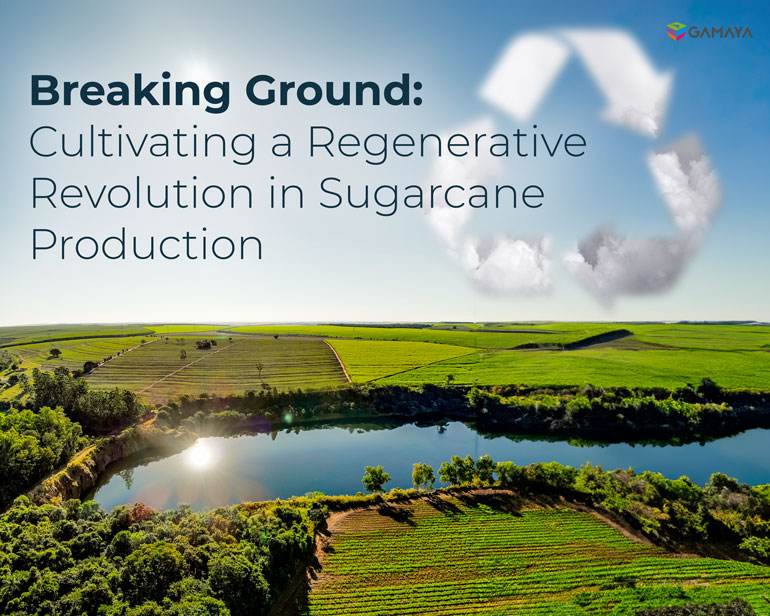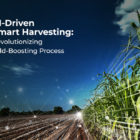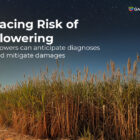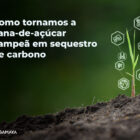Sugarcane ethanol has been acknowledged for its significance in the global energy matrix, not only as a renewable energy source, but also as one of the most sustainable fuels in terms of water footprint. This type of biofuel has shown promise as an alternative to minimize environmental impacts and greenhouse gas emissions associated with the use of fossil fuels. However, the sustainability potential of sugarcane ethanol can be further expanded with the optimization of its production chain.
Despite these advances, there are still challenges to be overcome to maximize the sustainability of sugarcane ethanol. Issues such as optimizing the application of fertilizers, proper soil management, and the implementation of crop rotation practices are aspects that require more attention and research.
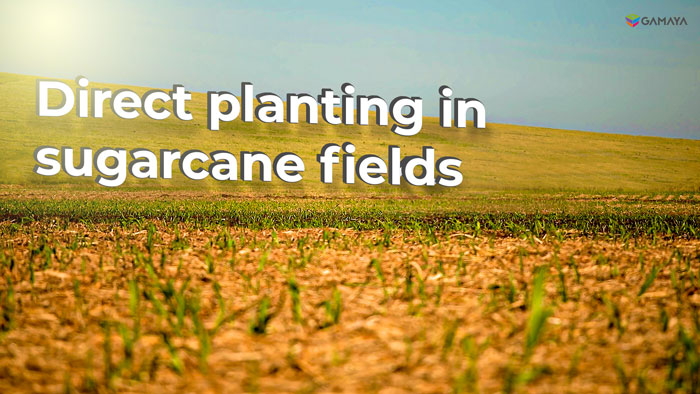
Climate change mitigation is a pressing concern in sugarcane production due to its potential greenhouse gas emissions. “Sustainable approaches involve transitioning from burning practices to mechanized harvesting, and use of organic fertilizers. Also use of Precision Agriculture techniques to optimize fertilizer application such as nitrogen leading to less emissions” mention Agda Loureiro, Digital Agriculture Specialist and Project Manager at Gamaya.
Efficient resource use is crucial for sustainability, which includes promoting energy efficiency in processing plants, reducing waste generation, and effectively utilizing by-products. Sugarcane residues can be utilized for bioenergy production, animal feed, or composting, minimizing waste and creating additional value.
Certification and standards play a significant role in promoting sustainable sugarcane production. Various certification programs, such as Bonsucro and Renovabio, provide guidelines and standards to ensure compliance with environmental, social, and economic criteria. These certifications offer consumers the assurance that sugarcane products are produced responsibly.
“Brazil has implemented several laws aimed at promoting sustainable practices in sugarcane production. The RenovaBio program sets annual greenhouse gas emissions reduction targets for the fuel sector, including ethanol produced from sugarcane.” remember Agda
The Brazilian Forest Code establishes guidelines for environmental protection and preservation, ensuring the conservation of water resources, biodiversity, and soil. The Low-Carbon Agriculture Program (ABC) offers financial incentives and special credit lines for farmers adopting sustainable practices.
In addition to these laws, Brazil is emerging in providing incentives and programs that support low-carbon sugarcane production. Green financing options from banks and financial institutions incentivize the adoption of sustainable practices. Certification programs like the Renovabio (Brazilian) and Bonsucro (Global) add value to sugarcane products by attesting to their low carbon emissions and good socio-environmental practices. The government also invests in research and development of sustainable technologies for the sugarcane sector, aiming to improve production efficiency, reduce greenhouse gas emissions, and promote the use of sugarcane residues for energy generation.
“Overall, sustainable sugarcane production is crucial for a greener future in Brazil. The laws and incentives mentioned here play a fundamental role in promoting sustainable practices, reducing greenhouse gas emissions, conserving natural resources, and protecting the environment.” Agda Loureiro
Finally, with the support of the government, the implementation of sustainable technologies, and the engagement of farmers, we can achieve a more sustainable sugarcane sector and a society that is more aware and responsible toward the environment.
